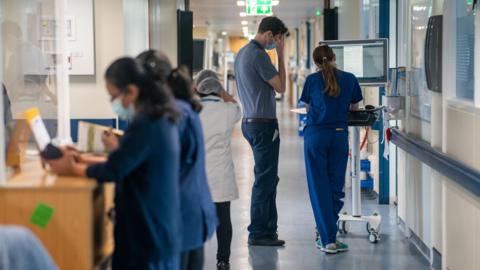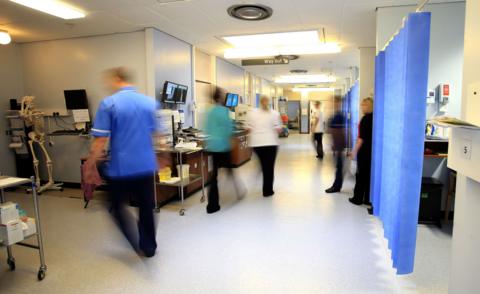Though emergency and GP services remain free for everyone, trusts are required to bill for other types of non-urgent treatment for patients who do not ordinarily reside in the UK and charge at 150% of standard NHS rates.
This premium is meant to cover the administrative burden of identifying patients and pursuing payment.
While aimed at tackling "health tourism", the charging system has exemptions for vulnerable groups including asylum seekers and trafficking victims.
But hospitals often struggle to recover costs, particularly when patients return overseas.


